MercoPress. South Atlantic News Agency
Tag: Inflation
-
Friday, October 1st 2021 - 09:33 UTC
Fear reigns among Venezuelans as six more zeros are to be removed from local currency
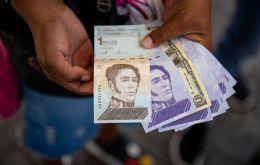
Unrest reigned Thursday among Venezuelans as Friday's monetary reconversion which will remove six zeros from “sovereign bolivars” loomed over, prompting the exchange rate with the US dollar to skyrocket.
-
Thursday, September 23rd 2021 - 09:25 UTC
IMF's report on Brazil: performance better than expected; GDP projected to expand 5,3% this year
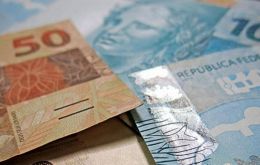
On September 10, 2021, the Executive Board of the International Monetary Fund (IMF) concluded the Article IV consultation1 with Brazil. Economic performance has been better than expected, in part due to the authorities’ forceful policy response. GDP regained its pre-pandemic level in 2021Q1 and momentum continues to be favourable, supported by booming terms of trade and robust private sector credit growth.
-
Thursday, September 23rd 2021 - 09:01 UTC
Brazil increases Selic interest rate to 6,25%, the highest in two years
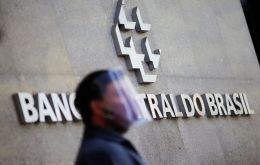
As expected the Brazilian central bank on Wednesday increased a whole percentage point of its basic Selic interest rate to 6,25%, the fifth in a row and the highest in two years. The Monetary Policy Committee, Copon unanimously voted for the increase in an attempt to contain inflation.
-
Saturday, September 18th 2021 - 08:55 UTC
EU Parliament wants an end to ECB meetings with private sector behind closed doors
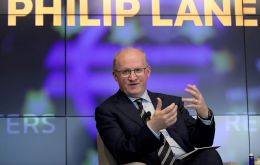
The European Central Bank is facing strong demands to finish meetings behind closed doors with the private sector, following on disclosure that chief economist Philip Lane allegedly anticipated an inflation forecast, not yet published, in one of such events.
-
Wednesday, September 15th 2021 - 09:13 UTC
Argentina's August inflation set at 2.5% by Indec

Argentina's Consumer Price Index (CPI-Cost of Living) rose 2.5% during August and fell below 3% in July, according to a report from the National Institute of Statistics and Census (Indec) released Tuesday.
-
Saturday, September 4th 2021 - 09:45 UTC
Uruguay's inflation for August above government targets

Uruguay's National Statistics Institute (INE) Friday issued its monthly report according to which the country's Consumer Price Index (CPI) for August 2021 showed a 0.85% increase.
-
Wednesday, September 1st 2021 - 09:24 UTC
Inflation-15 in Brazil reached a twelve-month 9,30% in August

The anticipated inflation for the eighth month of the year in Brazil, which measures the second half of July and the first half of August, reached 0,89% according to the official stats office IBGE and is the highest since August 2002.
-
Monday, August 30th 2021 - 09:17 UTC
Pandemic, unemployment and inflation increasing Brazilian families debts
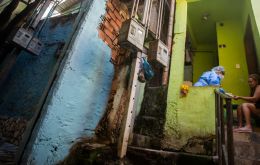
The percentage of Brazilian indebted families reached 72,9% in August, considered a new record and a direct consequence of the economic hardships because of the pandemic, unemployment and inflation, according to a release from the National Confederation of Retail, Services and Tourism, CNC.
-
Monday, July 19th 2021 - 09:00 UTC
Chile increases basic interest rate to 0,75%, working on a two year horizon

Chilean Central Bank board members decided unanimously to increase the reference inter-bank interest rate some 25 base points to 0.75%, which represents the first rise in over two and a half years, given the improved economic prospects since the pandemic was triggered.
-
Monday, July 12th 2021 - 08:23 UTC
Brazil: São Paulo's elderly unable to cope with inflation, study shows
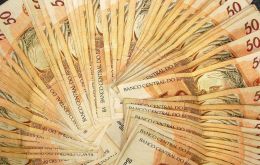
More than 50% of São Paulo's senior citizens interviewed during a survey have admitted they could not make ends meet.
